

India’s government, led by the BJP, has revoked Article 370, which granted Jammu and Kashmir special autonomy, ending its seven-decade-long unique status. The move, seen by Prime Minister Narendra Modi and his party as a step toward integrating the region fully into India, removes the state’s separate constitution, flag, and residency laws. Kashmir will now follow the same laws as other Indian states, allowing people from outside the region to buy property there. This decision follows years of opposition by the BJP to Article 370, which was part of their 2019 election manifesto. The government argues that scrapping the article will promote development in the region, which has been plagued by separatist violence for decades.
The revocation also involves splitting Jammu and Kashmir into two federally administered territories: Jammu and Kashmir, and Ladakh. The move has sparked anger in Kashmir, where many feel it threatens the region’s Muslim-majority identity. Critics, including opposition leaders, argue it could fuel more unrest and has serious legal and constitutional implications. Experts are divided on the legality of the move, with some supporting it and others claiming it is unconstitutional. The region remains under heavy military presence and tight restrictions as tensions rise.
This step has deepened India’s complex relationship with Kashmir, which has been a point of conflict with Pakistan since 1947. Both nations claim the region in its entirety, and the revocation has been criticized for potentially changing the region’s demographic composition and escalating tensions further. The move is part of Modi’s broader agenda to assert control over Kashmir, a region that has long been a symbol of national pride and conflict for India.
As Jammu and Kashmir transitions into a new administrative setup, many fear it could further destabilize the region. The government’s decision has made it a sensitive issue, with potential legal challenges ahead and widespread opposition within the region itself. With Kashmir’s future uncertain, the next steps for the Indian government and its approach to Kashmiris’ rights and aspirations remain critical.
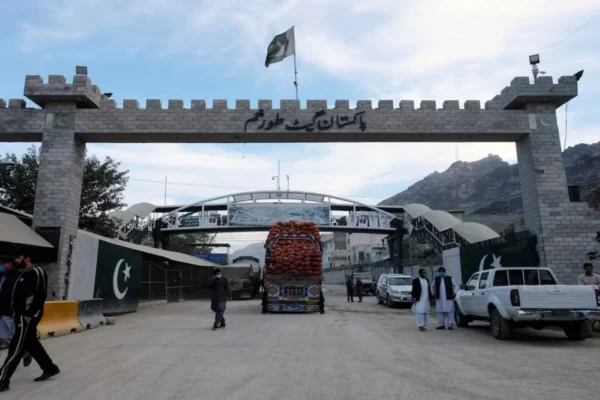

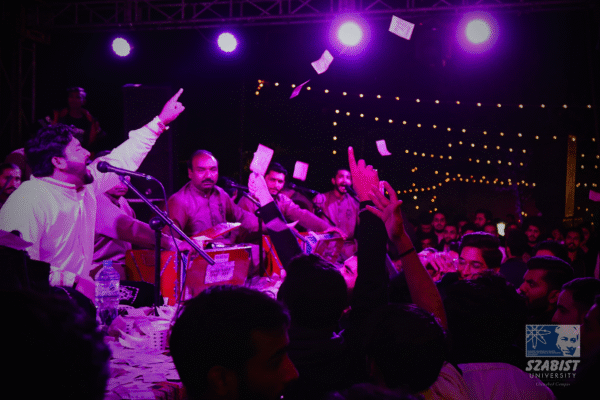

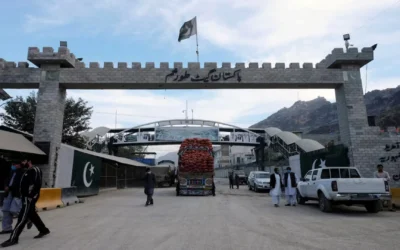

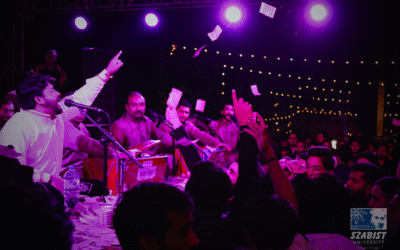

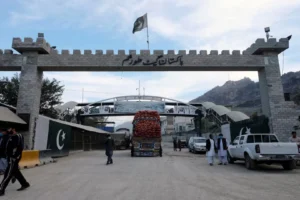





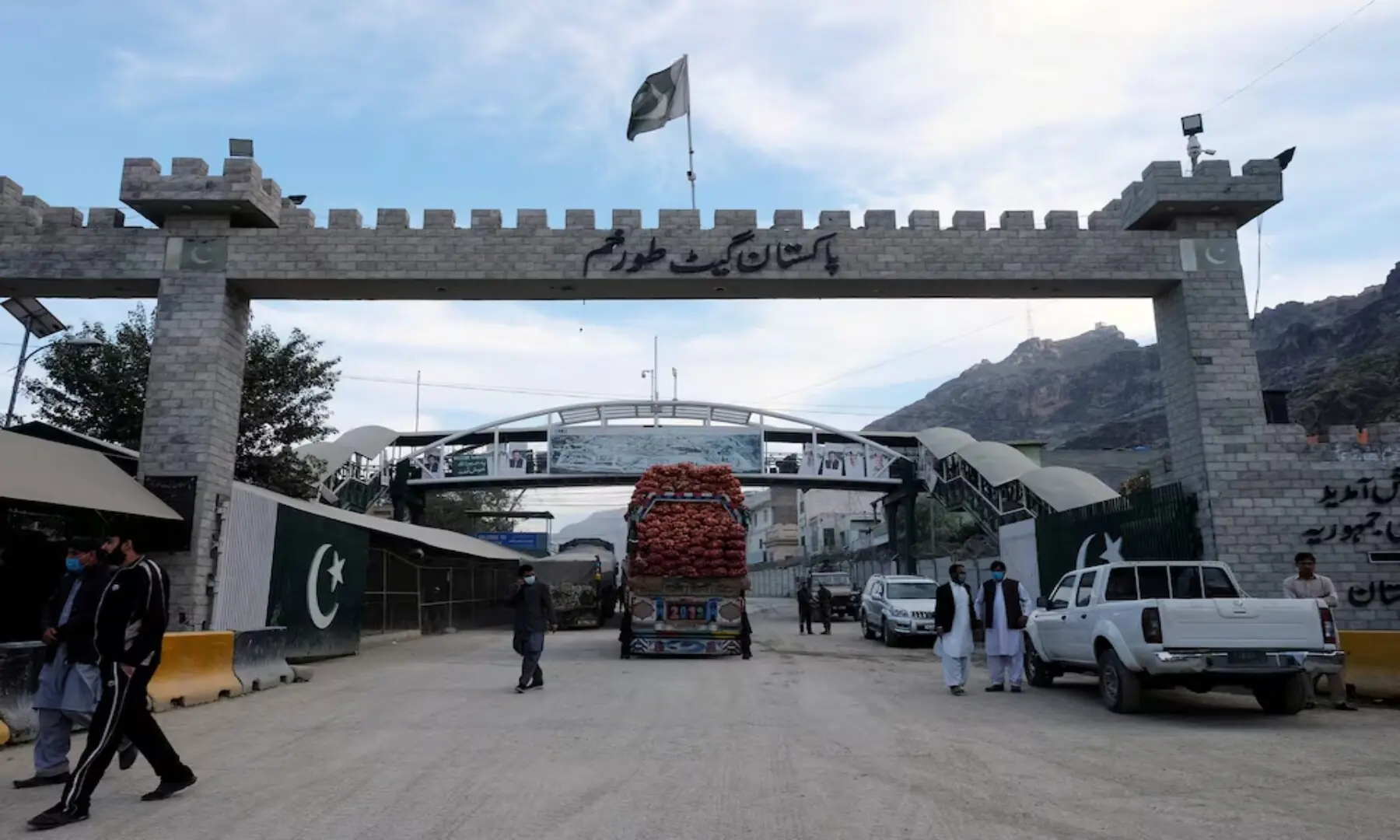

Alright, so I downloaded the zh88gameapk. Installation was simple, even for a tech dummy like me! Games are fun, good way to kill some time. Find it here: zh88gameapk